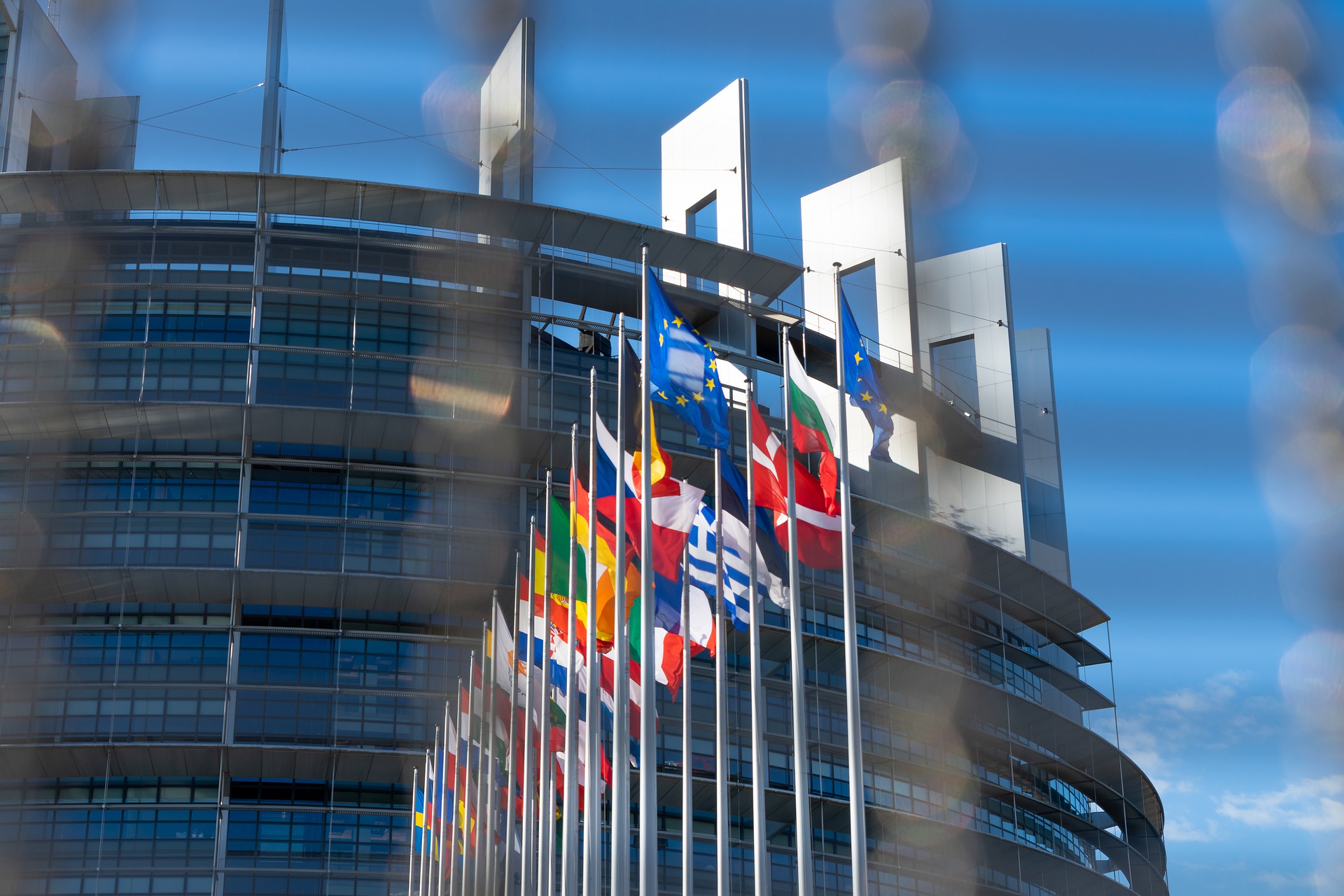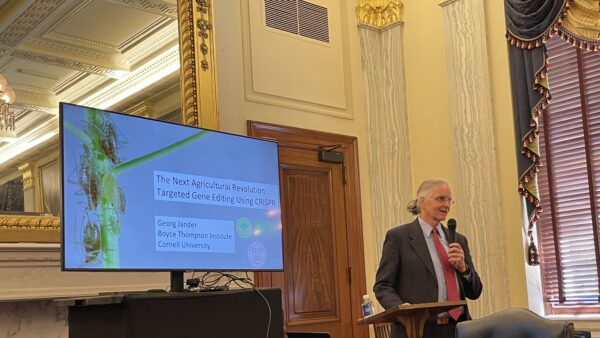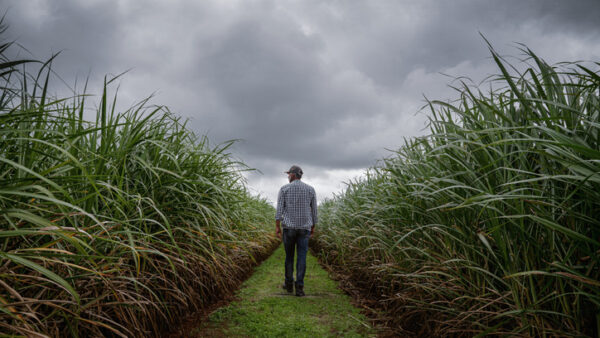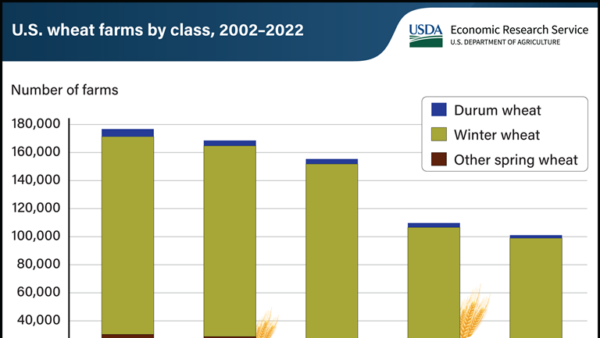Euroseeds — Europe’s seed association — is praising the conclusions of a European Commission study on Novel Genomic Techniques. Based on the findings of this study an urgent action from Commission and Member States is needed to allow for a differentiated approach to products derived from innovative plant breeding methods, Euroseeds said in a statement.
The statement says the study underlines that plants resulting from Novel Genomic Techniques (NGTs) have the potential to contribute to a more sustainable food system as part of the objectives of the European Green Deal and the Farm to Fork Strategy. At the same time, the study finds that Europe’s current GMO legislation, adopted in 2001, is not fit for purpose for these innovative technologies.
The Commission study on Novel Genomic Techniques is the result of an extensive consultation with different stakeholders and Member States, the release notes.
“Euroseeds provided detailed input to the Commission’s consultation underlining the industry’s view that a change of the EU’s regulatory framework is needed to allow for a differentiated legal and practical approach to products derived from innovative plant breeding methods, similar to most other parts of the world”, says Garlich von Essen, Secretary General for Euroseeds.
The main findings of the study are:
- NGT products have the potential to contribute to sustainable food systems with plants more resistant to diseases, environmental conditions and climate change effects. Moreover, the products can benefit from higher nutritional qualities such as healthier fatty acid content, and reduced need of agricultural inputs such as pesticides;
- By contributing to the EU’s objectives of innovation and sustainability of food systems, as well as a more competitive economy, NGTs can have benefits for many sectors of our societies;
- At the same time, the study also analyzed concerns associated with NGT products and their current and future applications. Concerns included the possible safety and environmental impact, for example, on biodiversity, the coexistence with organic and GM-free agriculture, as well as labelling;
- NGTs are a very diverse set of techniques and can achieve different results, with some plant products produced by NGTs being as safe as conventionally bred plants for human and animal health and for the environment;
- The study finds that there are strong indications that the current 2001 GMO legislation is not fit for purpose for some NGTs and their products, and that it needs adaptation to scientific and technological progress.

The European seed sector as well as EU farmers and other partners from the agri-food value chain and the plant science community have repeatedly underlined the importance and urgency of this subject for the future of more sustainable agriculture and food production, especially in support of the ambitious targets set in the EU’s Farm to Fork and Biodiversity strategies, he goes on to note.
“Euroseeds sees the publication of the Commission study as a key step to allow Europe to bring its more than 20-year-old legislation in line with scientific progress. This study should not become a missed opportunity. Commission and Member States must act now and avoid undue lengthy processes.”
The EU seed sector looks forward to engaging in discussing how the results of the study can now be turned into proposals for concrete policy changes in the coming weeks, he added.
The European seed sector is grappling with the issue of new plant breeding technologies and how they should be regulated at the same time that Canada is actively reviewing its own novel food legislation. For last week’s interview with Krista Thomas of the Canada Grains Council, visit the story below!












